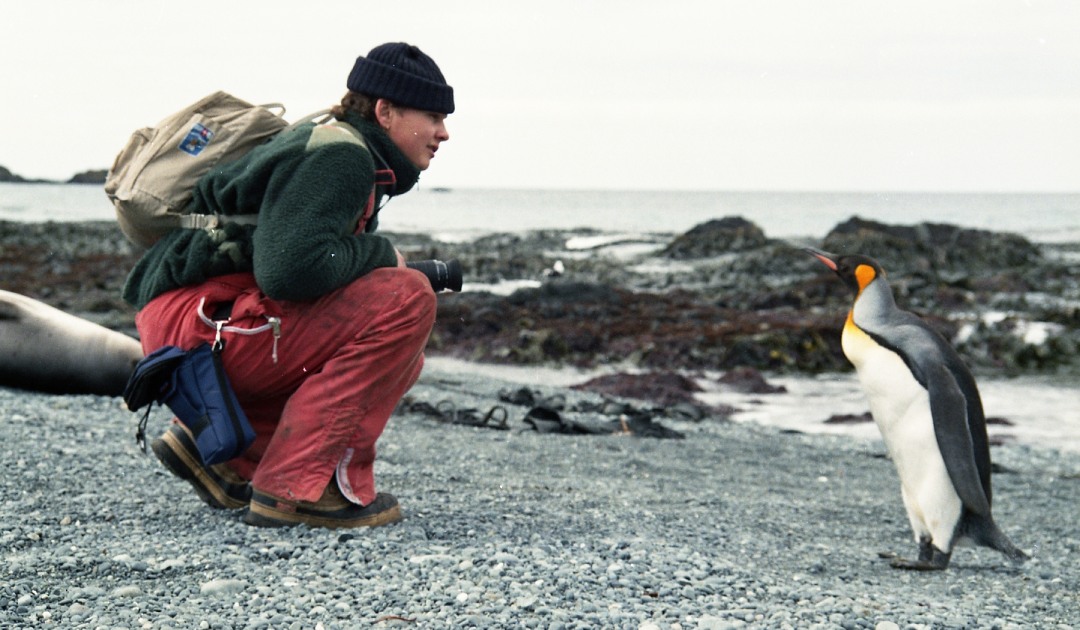
Was a deckhand during Antarctic shipwreck: 30 years later he helped replace it
Rasmus Nygaard was aboard the MV Nella Dan when it ran aground by Macquarie Island in 1987.

Rasmus Nygaard was aboard the MV Nella Dan when it ran aground by Macquarie Island in 1987.

Physicist Hiroto Nagai composes music using environmental data from the polar regions.
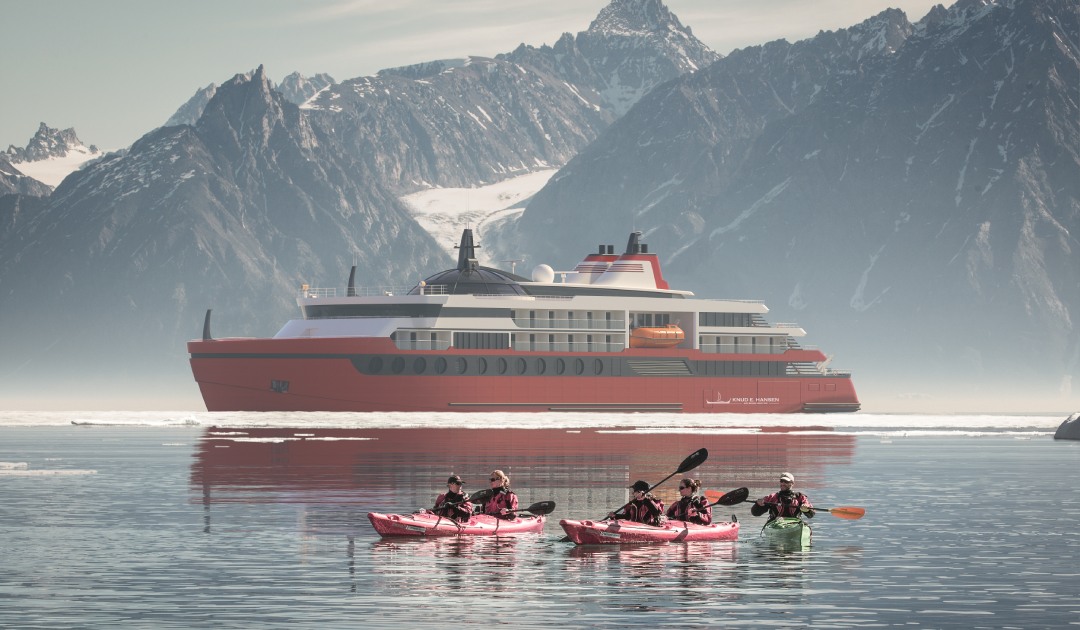
The Arctic Ocean is opening up, and the company KNUD E. HANSEN is busy designing the vessels that will sail it.
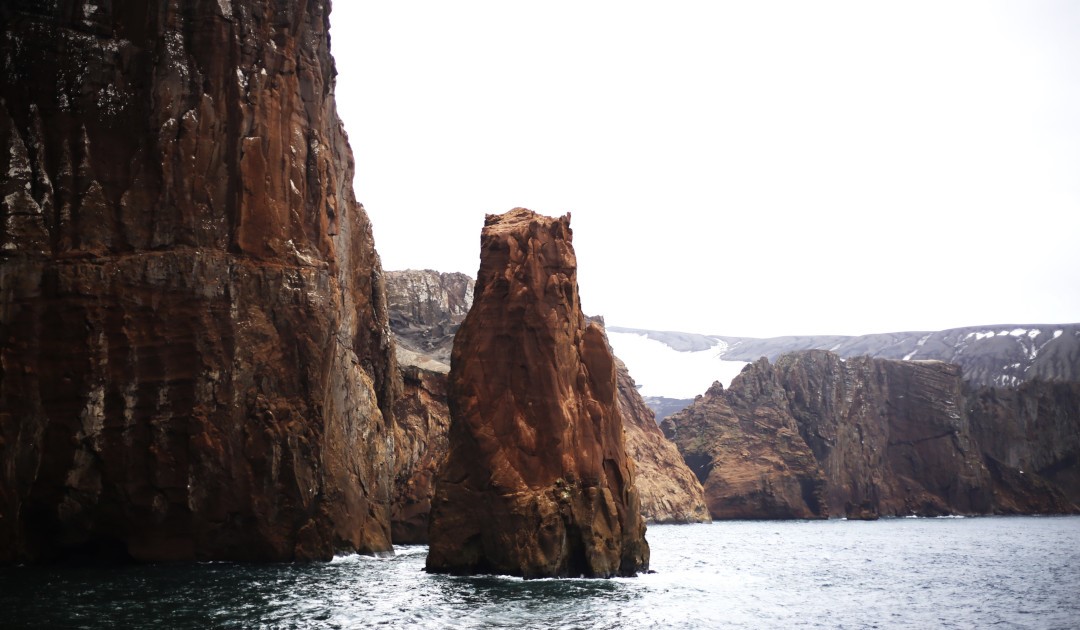
In laboratory tests in Brazil, filamentous fungi from Deception Island (Antarctica) slowed the proliferation of cancer cells.
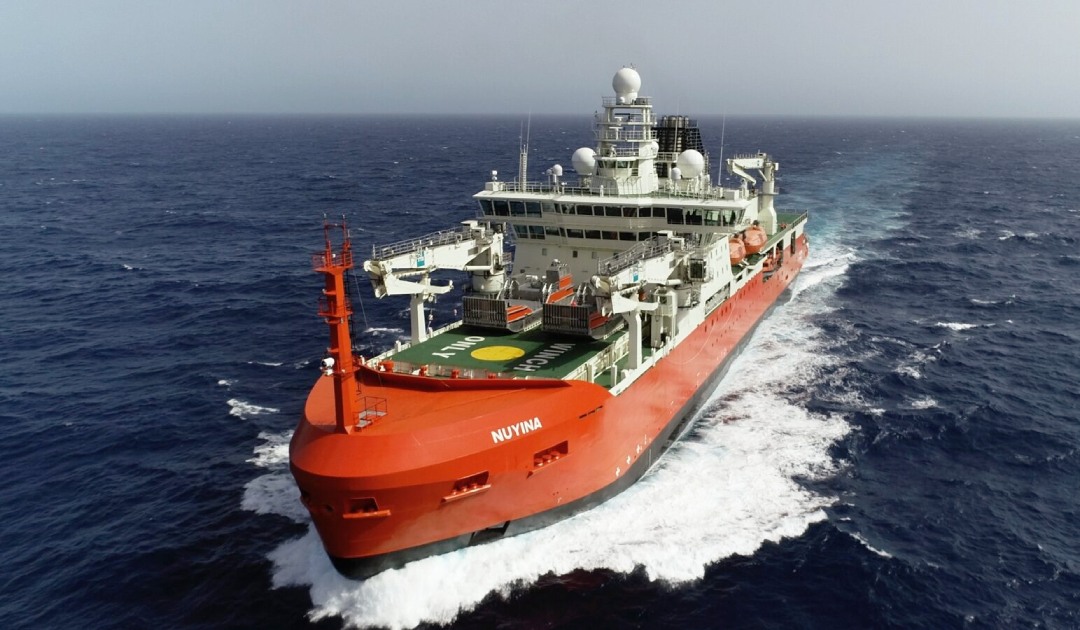
During its three years in operation, the 320-million-euro research vessel has been needed for other tasks. Now, concerns are starting to surface.
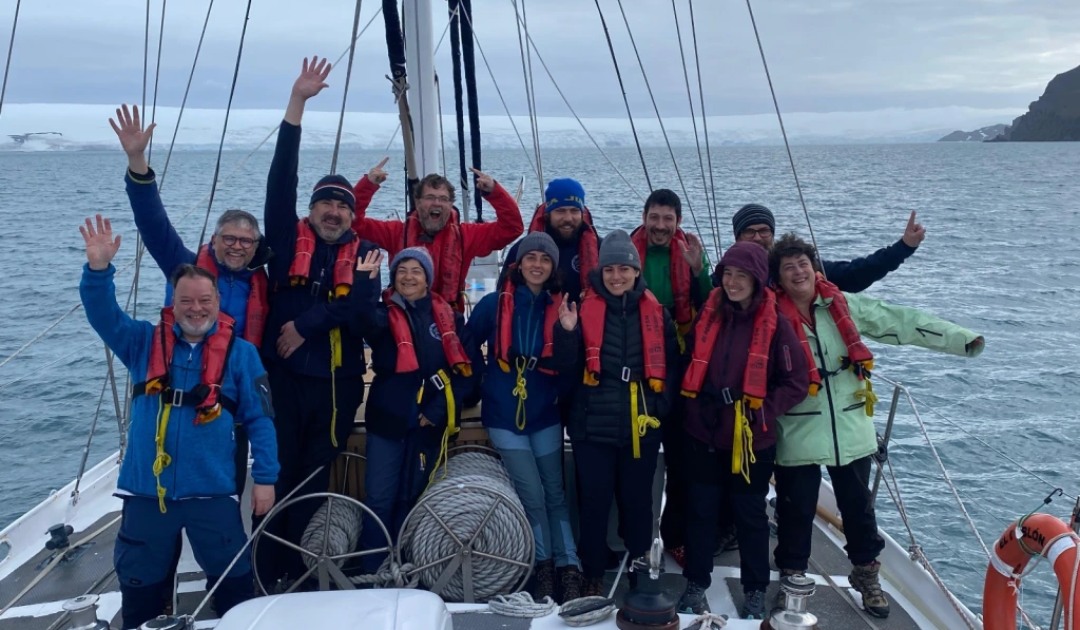
The expedition increased Portugal’s research independence, had a low carbon footprint, and allowed research in otherwise inaccessible areas.
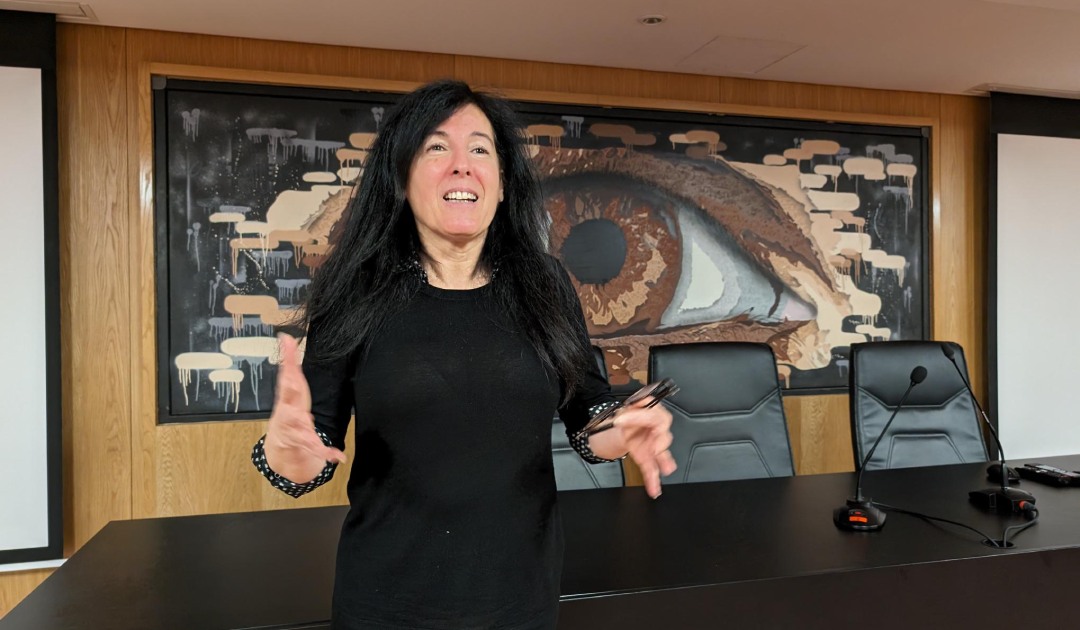
People in Portugal do not always understand why the country needs a Polar program.
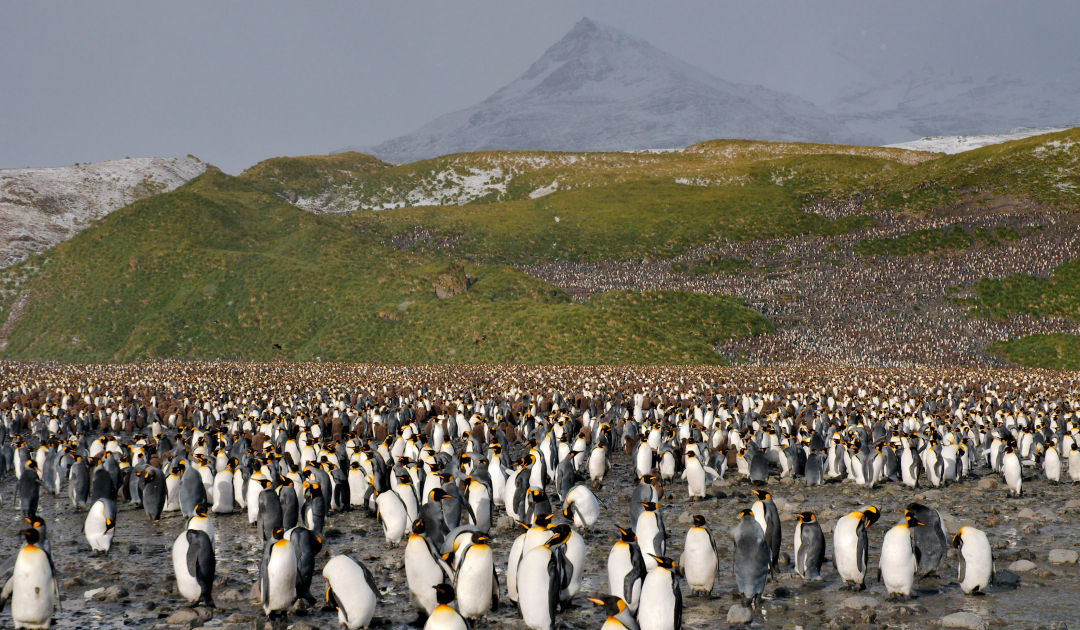
The two most common species of penguin in the South Georgia archipelago have just shown signs of vulnerability to the avian flu virus.
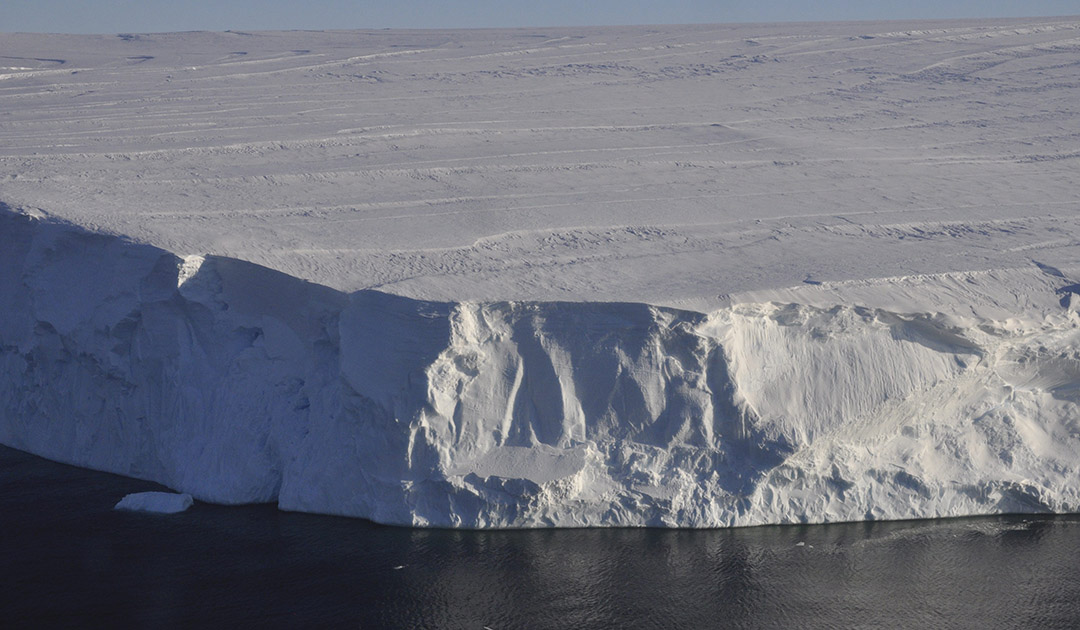
Thinning, shrinking, sliding and mega-cracks… Ice shelves in Antarctica have been losing their footing since 1940.
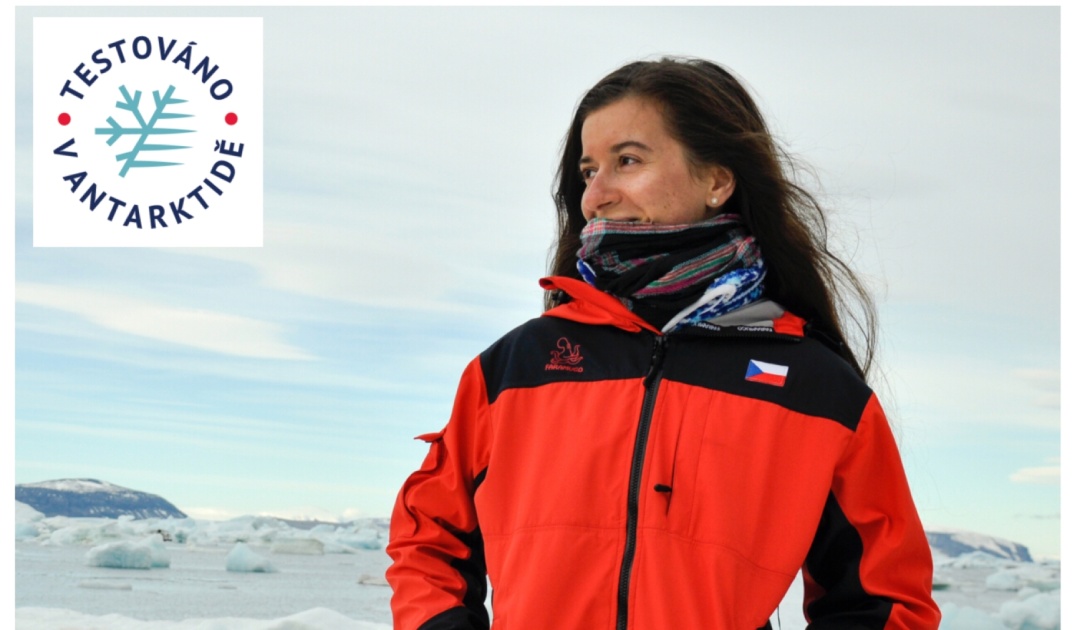
To satisfy a government demand of profitability, the Czech Antarctic Programme began to test outdoor clothing at their research station on Antarctica.
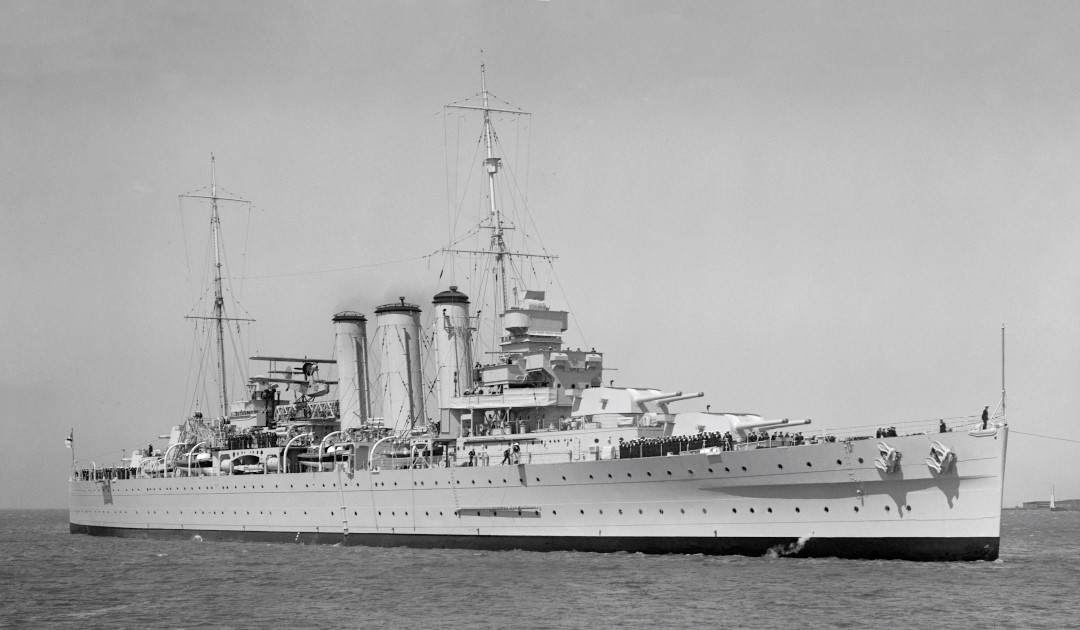
A study published in the Australian Journal of Politics and History dusts off an old Australian concern about the Kerguelen archipelago, a French possession since 1893, when England and France were still rivals.
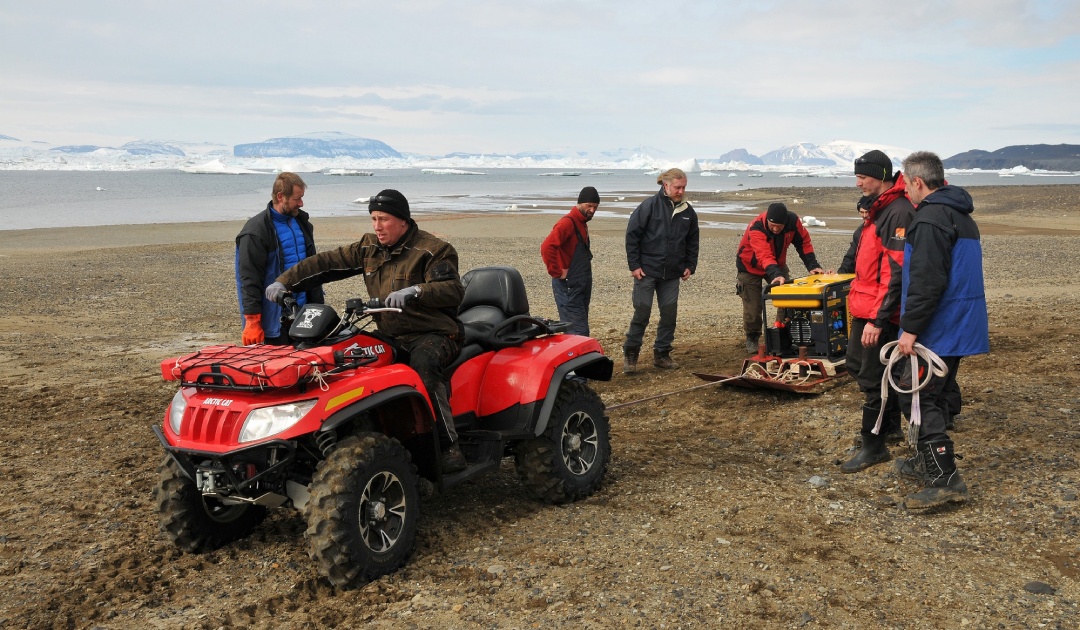
Since 2007, the Czech Antarctic Programme has made a number of discoveries on Antarctica.
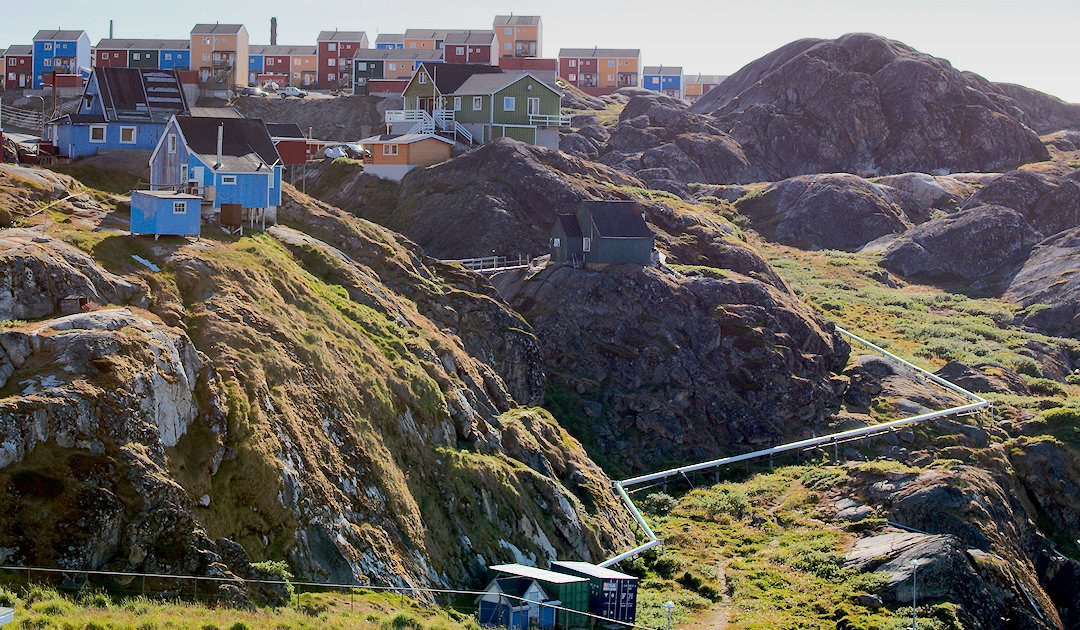
A process that was further developed for practical applications by two research groups at the ZHAW means that water stored in liquid form at temperatures as low as -120 °C can be used to develop life support systems for extreme environments, which could be of great interest to polar stations and communities in the future.
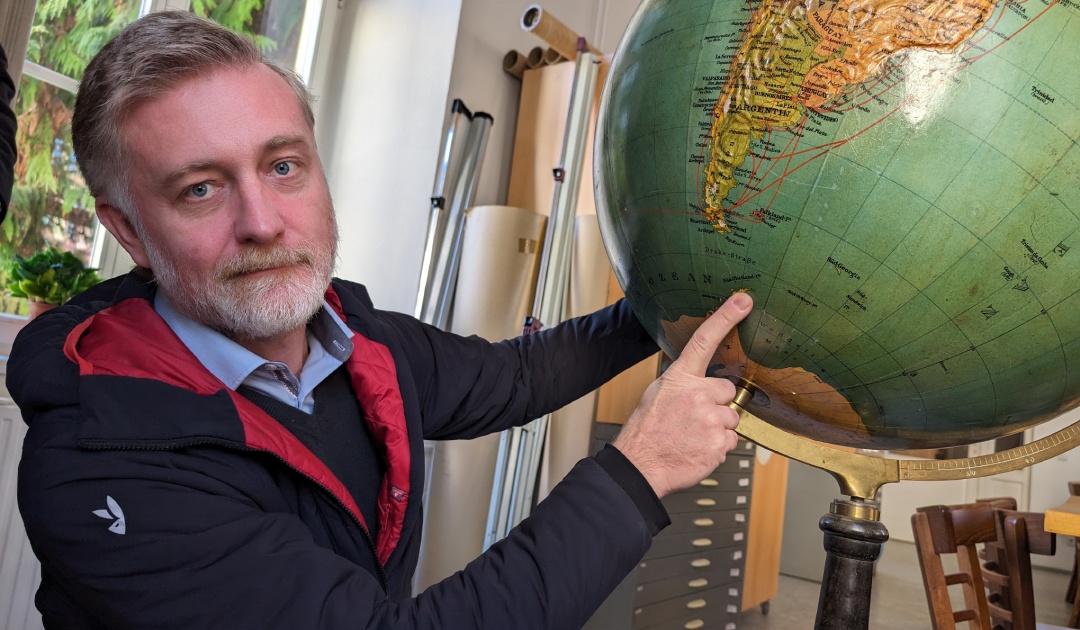
The Mendel Polar Station was opened after wishes from scientists but has since become important for national interest. Czechia, the newest member of the Antarctic community, has its own reasons for conducting polar research.
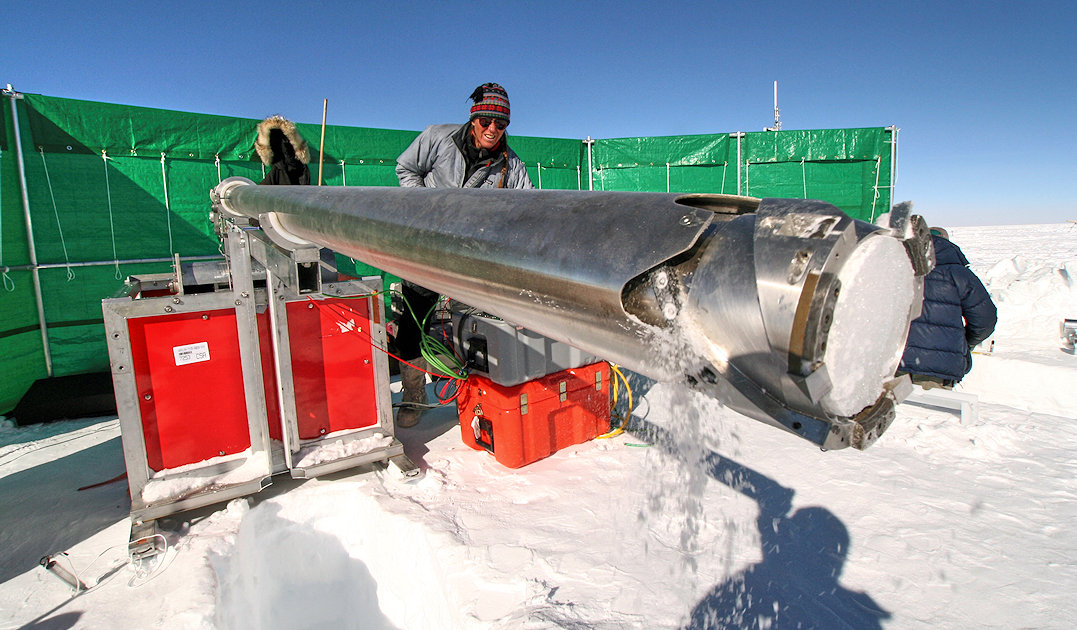
Analizing ice cores shows that heavy metals have been transported to the heart of Antarctica from both geographically and temporally distant regions.

First announced last spring of the southern hemisphere, highly pathogenic avian influenza HPAI is now affecting five of the 14 species tested in South Georgia. A few suspected cases near the Antarctic Peninsula suggest that the disease is still spreading.

Currently, SLF technician Matthias Jaggi is working at the Concordia Station in the middle of Antarctica, researching snow. In his blog, he reports on his work and life at 3,000 m above sea level.

The US National Science Foundation intends to lay a fiber optic cable from New Zealand to McMurdo and wants to support research in the process.

Scientific research in Antarctica has played a key role in many important discoveries of the past century. But it has also come at a considerable cost to the environment.

The museum in Grytviken, South Georgia, has received important memorabilia from Shackleton’s “Endurance” expedition as a donation, including a silver polar medal, and is now placing it on display.
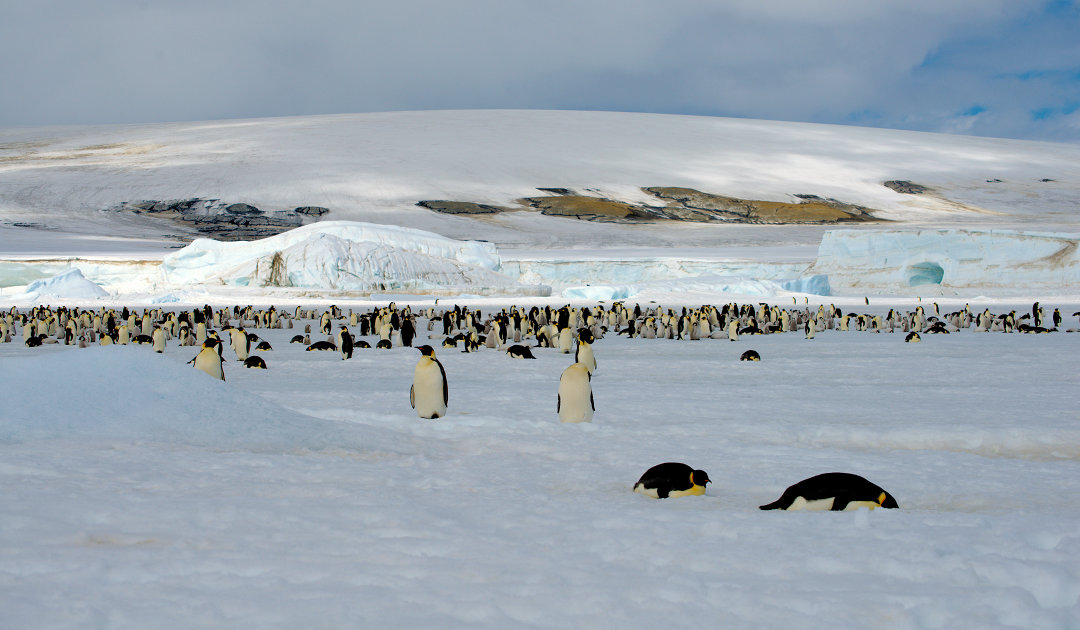
British researchers are using drones, guano samples and satellite transmitters to uncover the secrets of the northernmost colony of emperor penguins.

A Canadian perfume manufacturer will be adding a touch of Antarctica with its new product from January 2024, and emperor penguins play an important role.

The avian flu that was detected on South Georgia in October has meanwhile taken hold of the island and elephant seals are also showing an increasing number of deaths, especially among pups.

Physicists have noted that seismic activity in the Kerguelen archipelago could be linked to the retreat of the Cook glacier since 1999.